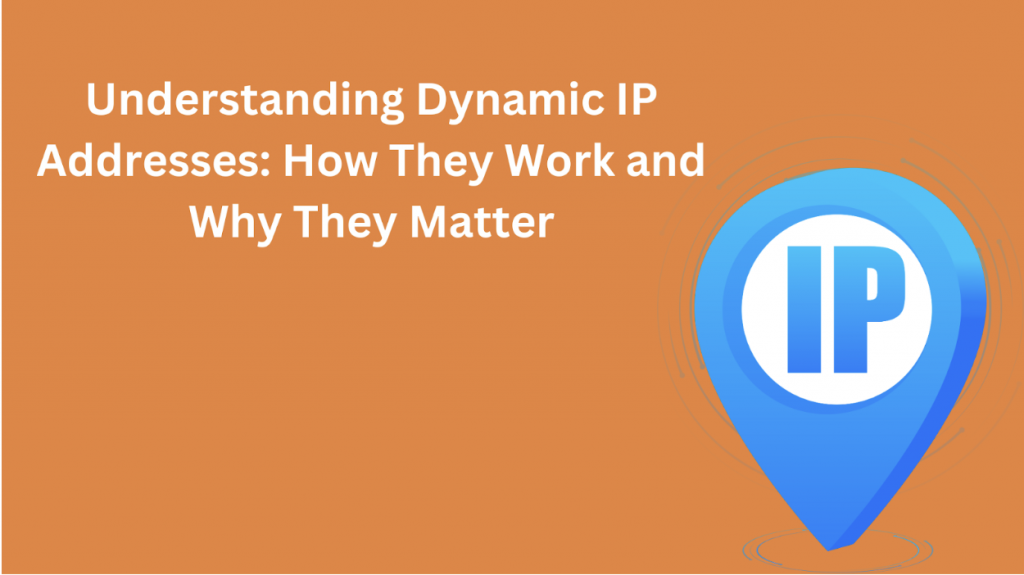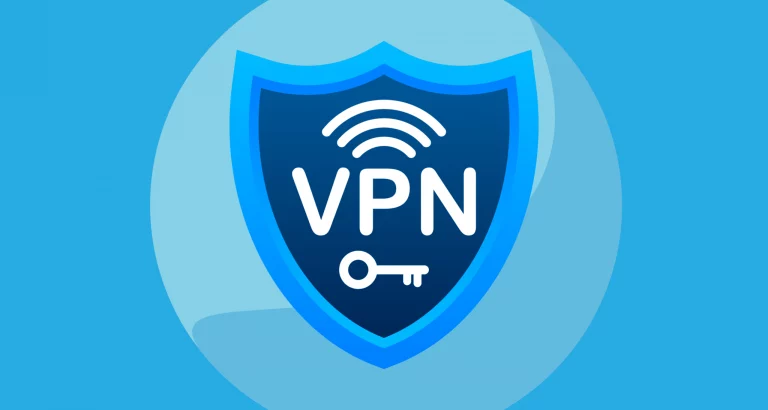
Dynamic IP Addresses
Dynamic IP Addresses may thus be code for Changing Identity on the Internet
Just as houses have addresses to distinguish them from each other, IP addresses are the addresses of appliances connected to the internet in an ever screaming world. Static IPs are constant, dynamic IPs change. For people using the internet, this is both good and bad news.
What is a Dynamic IP Address?
Dynamic IP Address: It is an IP address that is assigned to a device temporarily by an Internet Service Provider (ISP). Dynamic IP address are different from static, staying locked in place – but they also come and go each time a device comes online.
How?
Which can be an assignment made by the ISPWhen a device connects to the first time to the Internet, then the ISP assigns it an outgoing IP address from a big pool of addresses and that temporary IP address remains valid until the reconnection.
- Connectivity: Once that device has an address, it can communicate with other devices over the internet.
- IP Release: The IP address is released back into the pool and made available to other devices for future connections after the device has disconnected from the internet.
- Reassignment: If the device reconnects next time, it may get a different address.
Pros of Dynamic IP Addresses
- Benefit: ISPs can control a smaller number of addresses.
- Stability: When hackers know what device they are trying to hack into, they can target that device by sending them a command, capturing their traffic, and so on.
- Simplicity: Dynamic IP addresses are sufficient for basic usage for most home users.
Cons of Dynamic IP Addresses
Dynamic IP addresses cause problems for remote access to devices and machines on a home network, as the IP address changes all the time.
- Server Hosting: When hosting a website or server a static IP address is normally needed for stability.
- Online gaming: A few online games, as they would respond better with a static IP address.
Workarounds
Dynamic IPs are not without their drawbacks, but here are the most common solutions:
- Dynamic DNS (DDNS): A service to map a domain name to your dynamic IP so you are able to access your network from anywhere.
- VPN Services: If your VPN provides you with a static IP, you will have remote access, a static IP, and an encrypted internet connection.
Lease an IP Address: Certain ISPs provide an option to lease a static IP address for a fee.
Thus, dynamic IP addresses are a middle ground between flexibility and simplicity. Okay for most home users but not so good for advanced users requiring static IP. And now you are aware about the advantages and disadvantages of dynamic IP addresses.




